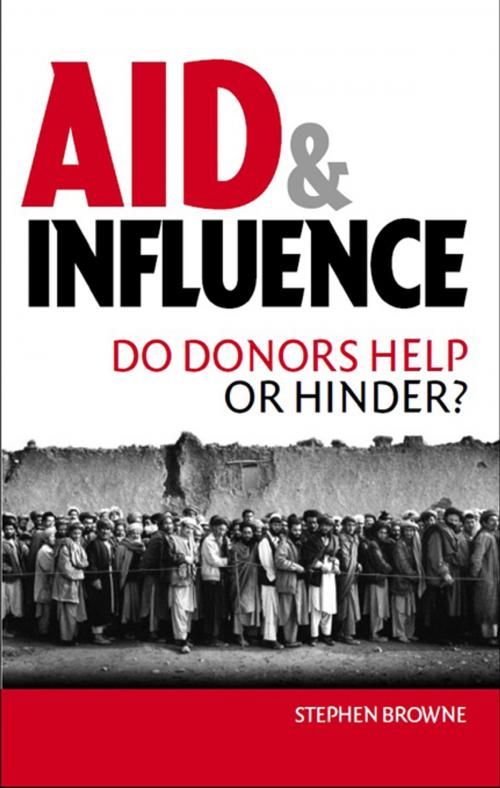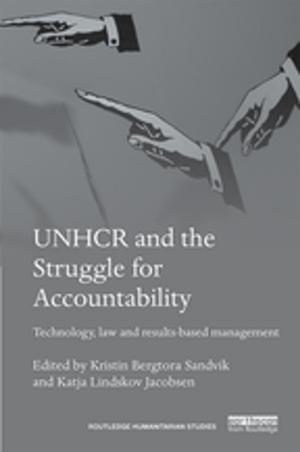| Author: | Stephen Browne | ISBN: | 9781136571909 |
| Publisher: | Taylor and Francis | Publication: | April 27, 2012 |
| Imprint: | Routledge | Language: | English |
| Author: | Stephen Browne |
| ISBN: | 9781136571909 |
| Publisher: | Taylor and Francis |
| Publication: | April 27, 2012 |
| Imprint: | Routledge |
| Language: | English |
Aid is always a means of influence: political, commercial, military and security-related. Some influence is benign, but much of it is coercive, even 'imperialistic'. Given the nature of aid, its effectiveness should be judged not only in developmental terms, but in terms of international relations. Even donors agree that, on both counts, the returns are meagre. This book, drawing on the author's 30 years of field experience, proposes two kinds of solution: donors should climb down from paternalistic central planning practices and support public goods that are neutral and beneficial � cancellation of debt, fair trade, responsible economic governance, vaccine production, peace-making and peace-keeping. For their part, developing countries should follow the example of the most successful among them: recognize the true costs of 'free' aid, exercise their prerogative to choose their development partners and start paying their own way.
Aid is always a means of influence: political, commercial, military and security-related. Some influence is benign, but much of it is coercive, even 'imperialistic'. Given the nature of aid, its effectiveness should be judged not only in developmental terms, but in terms of international relations. Even donors agree that, on both counts, the returns are meagre. This book, drawing on the author's 30 years of field experience, proposes two kinds of solution: donors should climb down from paternalistic central planning practices and support public goods that are neutral and beneficial � cancellation of debt, fair trade, responsible economic governance, vaccine production, peace-making and peace-keeping. For their part, developing countries should follow the example of the most successful among them: recognize the true costs of 'free' aid, exercise their prerogative to choose their development partners and start paying their own way.















